It was 1972 and incredible change in higher eduction admission policies was the rage. Many, if not most, of the elite private universities had just become co-ed and they were they now recruiting and encouraging women to apply. At the same time, and equally important, were new affirmative action guidelnes designed to increase the representation of minorities at schools that, uptil until recently, had been predominantly all white (and many elite schools were all male).
Even though I didn’t think so at the time, I had the “good fortune” to attend an inner city high school whose student population was predominatenly Asian and African American. Academically speaking, the school was the second worst high school in the Seattle, but it sure made up for it in its’ demographic diversity. Our college advisor, Mrs. Lyons, took advantage of this fact and through the latter part of the 60’s and up until she retired in the late 70’s, she developed strong relationships with Easter Colleges and Universities extolling the virtues of such diversity. It didn’t matter that my high school was a drug infrested nightmare where we were nearly always afraid of getting stabbed or beaten up. Nor did I it matter that we had so many “sit ins’ and demonstrations that tests, homework and studying played a minor role in our development. (See below for a photo of my high school—truly a beautiful building )
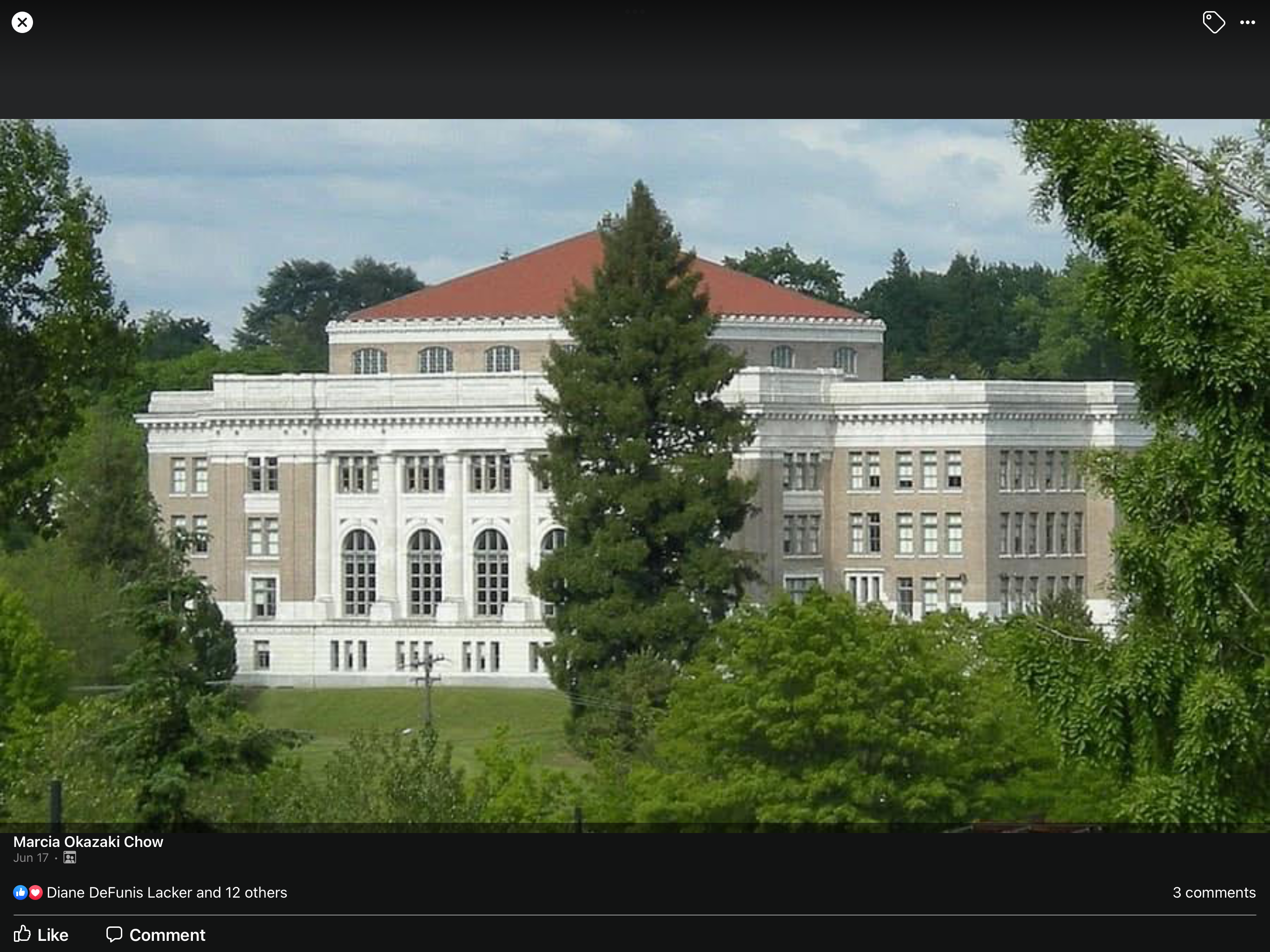
My first meeting with Mrs. Lyons didn’t go as well as I had planned.
Of course, I highlighted what I thought to be the truly positive parts of my application—I told her that I was in most of the honors classes at the school and that so far, I was in the top 10% of my class. I was the editor of the school newspaper and on the student council, my grades were pretty darn good and my board scores were averaging around the 85% percentile. So, with these stats, I told her that I wanted to apply to either Harvard, or Princeton or Yale. And , as she raised her eyebrows with a bewildered and somewhat confounded frown, I proceeded to tell her that actually Princeton was my first choice school, mainly because my best friend at the time, who was African American, was only applying to Princeton and that we were hoping to attend school together. Her response was caring, warm and motherly, but firm: She said I would be wasting my time (and money) to apply there.
Somewhat discouraged and deflated, when I asked her why, she replied with the “truths” and hard cold facts: She informed me that ranking # 55 out of a graduating class of 549 was certainly good, but she said Princeton generally accepted the top 1% of the class and not the top 10%. She carried on to say that while my SAT scores considered good on a national scale, Ivy League schools generally chose students in the top 99th percentile and mine fell far short of that.. And, then, what felt like throwing gas on a flame, she went on to say that while I did have a couple of extracurricular activities under my belt, I wasn’t “well rounded” since Ivy League schools somewhat preferred applicants with a long list of extraordinary talents—those who performed in a choir or who were captains of the football team or won state debating tournaments.
So, towards the end of the meeting, she recommend that I apply to the University of Washington as my “safe school” and then as first and second choice either Whitman College (a relatively small private school in eastern Washington State) or Pomona college in California. These two private schools, she said, were eager for top notch students and she felt that I had a good chance of getting into one of them but basdicially no chance to get into any of the Ivy League schools. Although I was horribly upset and angry with her comments, I had no intention of letting her proclamations determine my fate.
And so, with a courageously brazen teenage resolve, later that week, I went against her wishes and signed up for the meeting that she scheduled for minority students with the Princeton recruiter. I don’t know if she reviewed the list of attendees or not, but thankfully, in early December, I attended the meeting. Needless to say, I was the odd man out—about 20 African Americans (mostly jocks), several Asian Americans and one white guy—me!!! I barely had the opportunity to be embarrassed when the recruiter “politely” told me that the meeting was for minority students only. I have no idea where my attitude came from but thankfuly, I quickly yet nervously answered that I’m Jewish and Jews are clearly a minority, too, so I think I qualify to be at the meeting. One of the jocks there heard me and commented, “you be a honkey, but way to go man!!” And with that declaration, I was able to stay the course, heard all about how glorious Princeton was, applied to the school, and got accepted with a full scholarship. 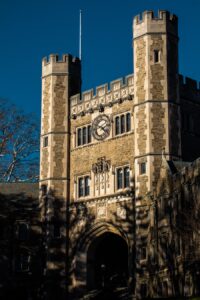

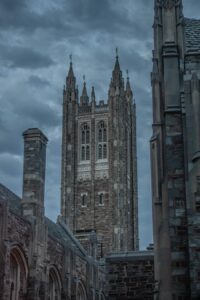
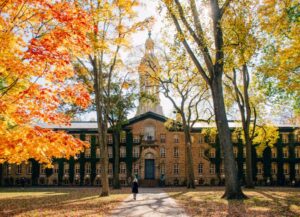
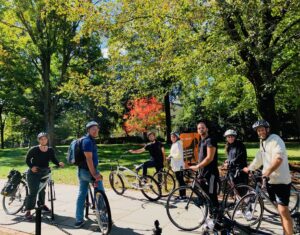
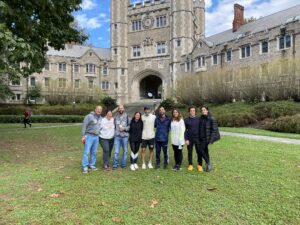
I really didn’t realize it at the time, but getting into, attending, and graduating from Princeton was just the start of my trying to be the best at everything I do. As I matured, it dawned on me that striving for excellence was organically part of my being and that has been the way I’ve operated ever since then. In retrospect, it certainly provided the clarity that despite incredible challenges and adversity, I could overcome most obstacles and problems with hard work, courage and perseverance. Princeton was the confirmation that anything is possible if one puts enough life energy into something that you really wanted. Upon graduating, I thought that that was the pinnacle of achievement, but honestly, it was just the very beginning of it. Getting into the school and graduating was the culmination of my youthful determination, yet truthfully, it was way more than that. It was the catalyst and fodder for my pathway to excell in all of my future endeavors and accomplishments. It clarified for me that my dreams, high hopes and aspirations, no matter how outrageous they seem to be, can and and will become realities for me.
